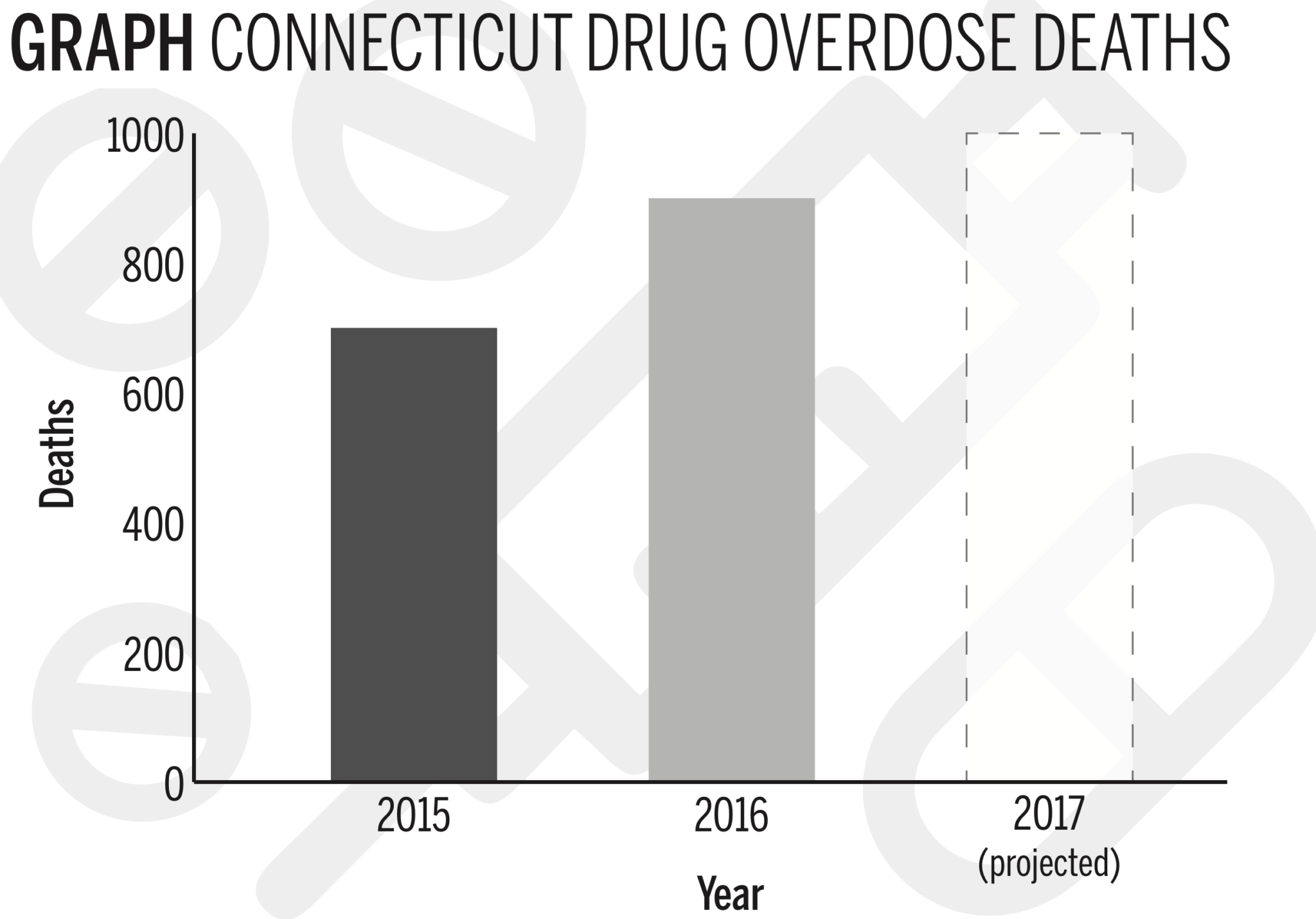
City Hall filed a lawsuit on Nov. 7 against Purdue Pharma and other pharmaceutical manufacturers and distributors, alleging that they are contributing to the opioid crisis in New Haven.
In recent weeks, the city’s corporation counsel and the Connecticut law firm Scott + Scott have taken up New Haven’s case against the pharmaceutical manufacturers and distributors. The submission follows a stream of similar lawsuits filed by state attorneys general nationwide and multiple Connecticut cities. By bringing suit, New Haven and other governments seek compensation from pharmaceutical companies that allegedly exacerbated the opioid epidemic by misrepresenting the safety of prescription opioids.
“New Haven is pursuing legal action against Purdue Pharma and more than a half-dozen other manufacturers and suppliers of opioids, seeking relief from promotional techniques and marketing strategies that cause widespread addiction to these medications and the resulting strain on the city’s social services network,” Mayor Toni Harp said in a statement to the News. “The city also seeks remuneration for excessive costs it incurs coping with fallout from the opioid crisis.”
According to mayoral spokesman Laurence Grotheer, the attorneys filing the lawsuit are accusing the manufacturers of engaging in “questionable” marketing strategies and promotion techniques for pain-relieving drugs with high potencies.
Opioid-related expenses include the increased number of overdoses and emergencies that the New Haven Fire Department and American Medical Response — the city’s contracted ambulance service — must respond to.
Chuck Babson, regional director for American Medical Response, said the private company transported 185 patients who presumably overdosed on opioids in the city from Nov. 1, 2016, to Oct. 31, 2017. During these transports, patients are always given the antidote naloxone, stretching the city’s resources, Grotheer said.
Purdue Pharma spokesman Robert Stephenson said in an email to the News that the company denies the allegations and is deeply troubled by the opioids crisis. He added that Purdue Pharma developed three of the first four FDA-approved opioid medications with “abuse-deterrent properties.”
He also pointed out that many of the city’s grievances against Purdue stem from actions approved by the FDA, such as the company’s warning labels on prescription drugs, and that the blame should therefore not fall on Purdue.
David Scott, an attorney with Scott + Scott, said Purdue Pharma is only one of many manufacturers and distributors that deceived the public, the medical community and regulators for years. Furthermore Purdue Pharma allegedly misrepresented its clinical trials and instructed its sales professionals to recommend that prescribers increase the dosage strength of their brand-name opioid OxyContin, driving more and more people into a cycle of addiction and reckless pain management, Scott said.
He added that municipalities such as New Haven had no way to predict that this behavior would trigger an epidemic and that local governments were left to “pick up the pieces” with emergency responders, law enforcement and social workers.
Another purpose of the lawsuit is to ensure that New Haven is compensated for costs that would otherwise have been used to fund education, infrastructure and community services, Scott said.
Medications such as Purdue Pharma’s OxyContin, heroin and other opioids all share a similar chemical structure that allows them to react with opioid receptors in the brain, Scott said. There are serious public health consequences to these similarities, he said, because, even if manufacturers and distributors have recently tightened their practices, their decade of deception had already driven the addiction crisis, he added.
Distributors are also being sued for their failure to report suspicious orders to the Drug Enforcement Administration, Scott said. As a result, New Haven was flooded with an excess supply of opioids.
Purdue Pharma introduced OxyContin in 1996.
Christina Carrafiell | christina.carrafiell@yale.edu







